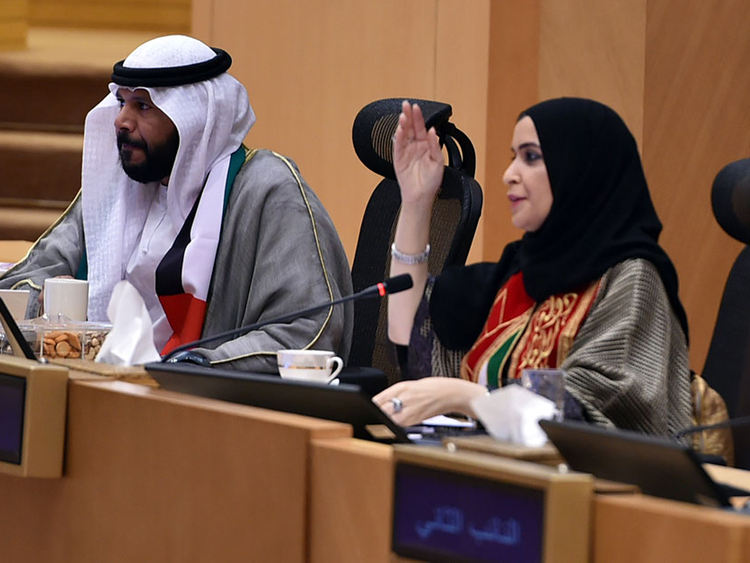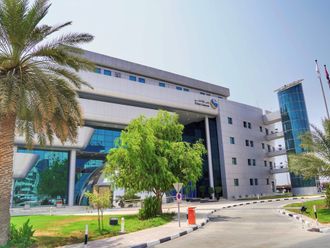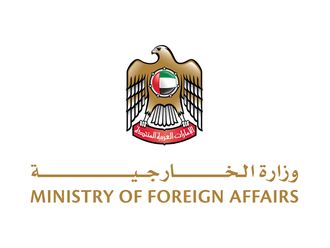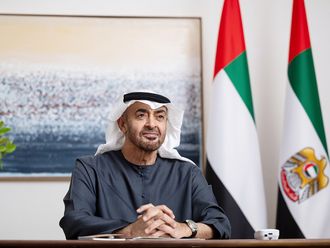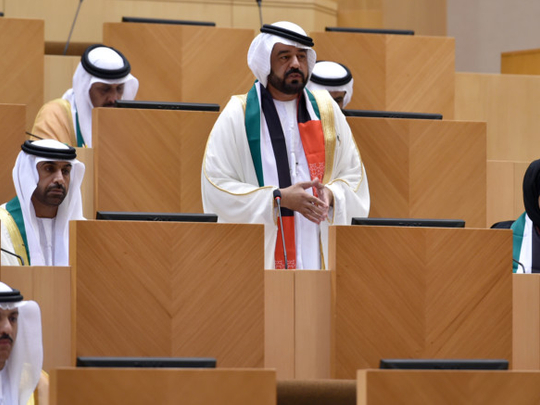
Abu Dhabi: People in the UAE are paying the highest prices for new cars in the Gulf countries, a member of the Federal National Council said on Tuesday.
Saeed Saleh Al Rumaithi, a member from Abu Dhabi, put a question to Sultan Saeed Al Mansouri, Minister of Economy, proposing a fair value pricing system and a profit margin for almost 75 car agencies across the country, to stabilise local prices in an open economy.
“People in the UAE are paying the highest prices for new cars compared to the GCC and many foreign countries,” Al Rumaithi said.
He added with the value-added tax VAT, which will be levied beginning next year, and some illegal practices by some car agencies, the car prices would grow by 20 per cent from 2018.
Al Rumaithi held the Ministry of Economy and its Consumer Protection Department responsible for curbing the increase in car prices.
Sultan Bin Saeed Al Mansouri, Minister of Economy who is also Chairman of the Supreme Committee for Consumer Protection, said the proposal to set up a fair value pricing system for car agencies will be considered by the newly set-up car agencies committee.
Al Mansouri said the UAE automobile market for new cars is growing fast and wide diversity of vehicles being traded has made it more competitive. The car prices across the country are determined by some market forces including cost of production, energy, transportation and inflation in the manufacturing countries.
“As the dirham is pegged to the US dollar, exchange rate will move in tandem with dollar fluctuations in relation to other currencies, which also affect the prices in the UAE,” Al Mansouri said.
However, the minister said that a survey of car prices in the GCC countries found that only four cars were sold at higher prices in the UAE. “Car agencies in the UAE make no more than 5 per cent profit margin.
“Competition has sent car prices nosediving since the middle of this year. Prices have decreased by 20 per cent since mid-August and they are expected to decrease further next year,” Al Mansouri said.


